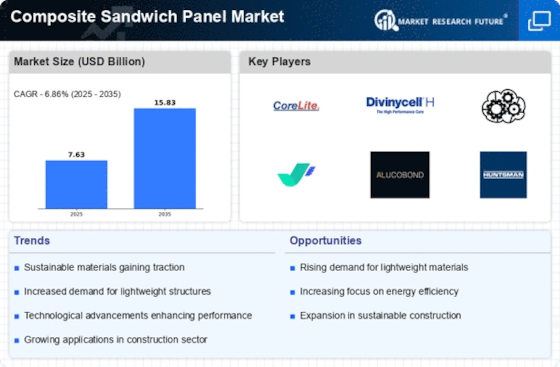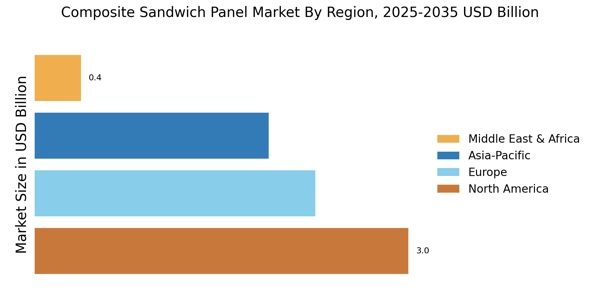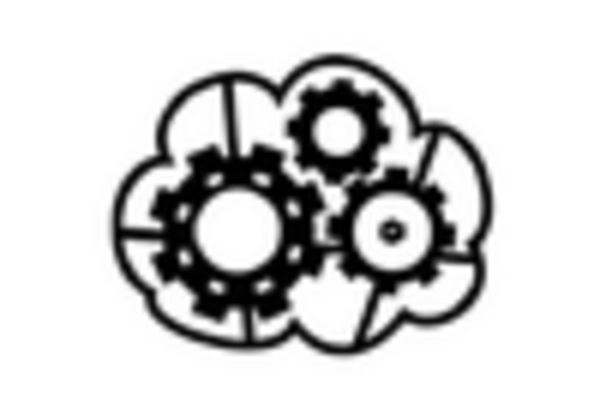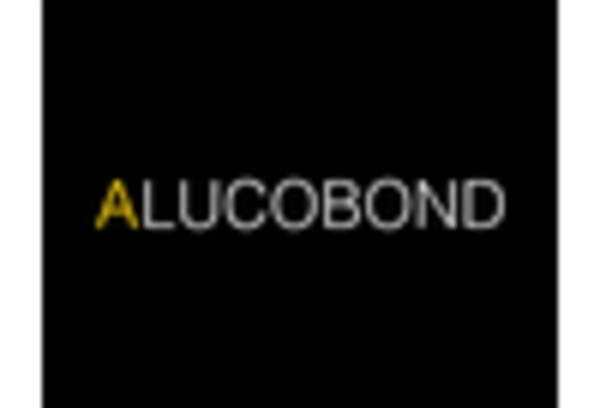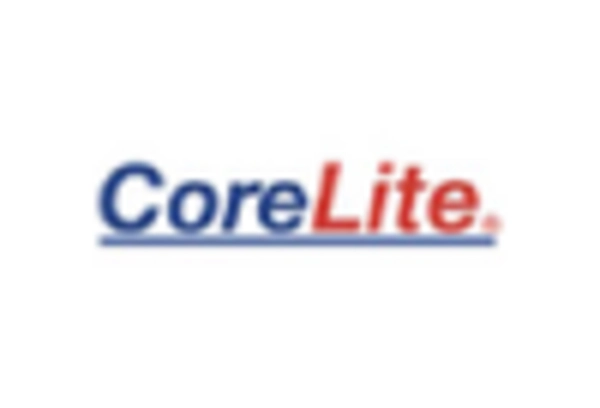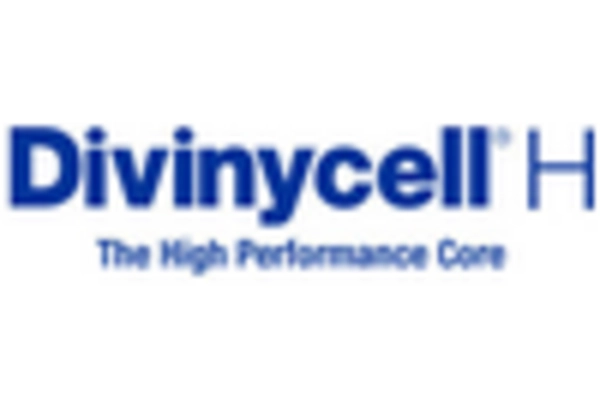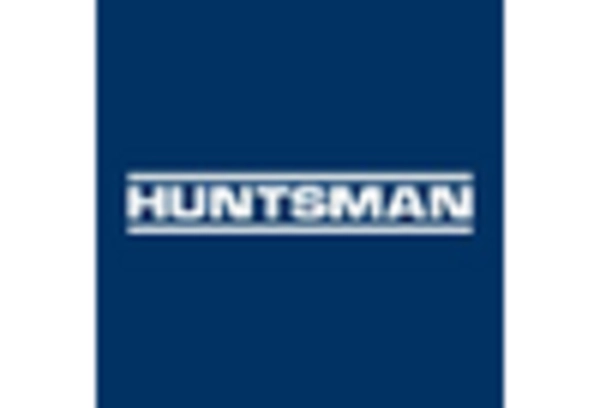Regulatory Support
Regulatory support is emerging as a crucial driver for the Composite Sandwich Panel Market. Governments worldwide are implementing stringent building codes and standards aimed at enhancing energy efficiency and safety in construction. These regulations often favor the use of composite materials, which are recognized for their superior performance characteristics. For instance, many regions have adopted regulations that promote the use of lightweight and energy-efficient materials in building projects. This regulatory environment encourages architects and builders to consider composite sandwich panels as viable options. Market analysis indicates that regions with robust regulatory frameworks are witnessing a surge in the adoption of composite materials, potentially leading to a market growth rate of 12% over the next few years. Such supportive policies are likely to bolster the Composite Sandwich Panel Market, fostering innovation and investment.
Sustainability Initiatives
The Composite Sandwich Panel Market is increasingly influenced by sustainability initiatives. As environmental concerns gain prominence, industries are shifting towards eco-friendly materials. Composite sandwich panels, known for their lightweight and energy-efficient properties, align with these sustainability goals. The use of recyclable materials in their production reduces waste and carbon footprint. Furthermore, the energy savings during the lifecycle of these panels contribute to their appeal. According to recent data, the demand for sustainable building materials is projected to grow by 20% over the next five years, indicating a robust market potential for composite sandwich panels. This trend is likely to drive innovation and investment in the Composite Sandwich Panel Market, as manufacturers seek to meet the evolving preferences of environmentally conscious consumers.
Technological Advancements
Technological advancements play a pivotal role in shaping the Composite Sandwich Panel Market. Innovations in manufacturing processes, such as automated production techniques and advanced bonding technologies, enhance the performance and durability of composite sandwich panels. These advancements not only improve the structural integrity of the panels but also reduce production costs, making them more accessible to a wider range of applications. For instance, the introduction of high-performance core materials has led to panels that exhibit superior thermal insulation and fire resistance. Market data suggests that the integration of smart technologies into composite panels could further revolutionize the industry, with projections indicating a potential market growth of 15% in the next few years. This continuous evolution in technology is likely to attract new players and investment in the Composite Sandwich Panel Market.
Growing Demand in Construction
The growing demand in the construction sector significantly impacts the Composite Sandwich Panel Market. As urbanization accelerates, the need for efficient and cost-effective building solutions becomes paramount. Composite sandwich panels offer a versatile solution, suitable for various applications, including residential, commercial, and industrial buildings. Their lightweight nature facilitates easier handling and installation, reducing labor costs and construction time. Recent statistics indicate that the construction industry is expected to expand by 10% annually, further driving the demand for composite materials. Additionally, the increasing focus on energy-efficient buildings aligns with the properties of composite sandwich panels, which provide excellent insulation. This synergy between construction growth and the benefits of composite sandwich panels positions the market for substantial growth in the coming years.
Rising Awareness of Energy Efficiency
Rising awareness of energy efficiency is a significant driver for the Composite Sandwich Panel Market. As energy costs continue to rise, both consumers and businesses are increasingly prioritizing energy-efficient solutions in their building projects. Composite sandwich panels, known for their excellent thermal insulation properties, contribute to reduced energy consumption in buildings. This growing awareness is reflected in market trends, with a reported increase in the adoption of energy-efficient materials in construction. Data suggests that the energy-efficient building materials market is projected to grow by 18% in the next five years, indicating a favorable environment for composite sandwich panels. As stakeholders recognize the long-term cost savings associated with energy-efficient designs, the demand for composite sandwich panels is likely to rise, further propelling the Composite Sandwich Panel Market.


